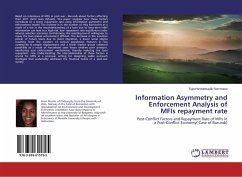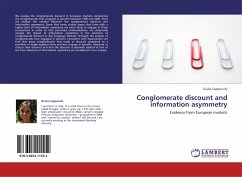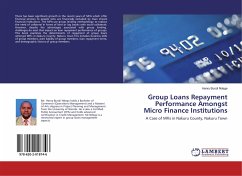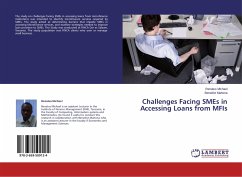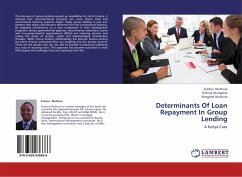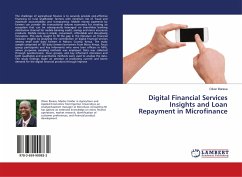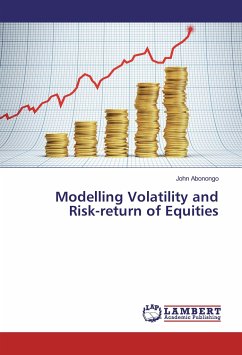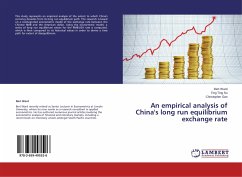Based on interviews of MFIs in post war - Burundi about factors affecting their 2011 client loan defaults, this paper analyses how these factors contribute to a lower repayment rate using information asymmetry and enforcement model. The increase in in the number of risky borrowers as a result of a rise in the misunderstanding of a loan due to long-term relief intervention can lead to a high-risk, low- repayment rate equilibrium under adverse selection scenarios. Furthermore, the resulting loss of willingness to repay the loan makes enforcement difficult. The decrease in the incentive power of future loans due to client migration, a lower social stigma resulting from the creation of various population features in the community & people displacement and a lower implicit group collateral possibility as a result of household asset losses weaken peer pressure, monitoring and enforcement mechanisms, thereby reducing the loan repayment rate. Understanding the interrelationship of these factors is crucial for MFIs in a post-war setting for designing viable outreach strategies that sustainably addresses the financial needs of a post-war society.
Hinweis: Dieser Artikel kann nur an eine deutsche Lieferadresse ausgeliefert werden.
Hinweis: Dieser Artikel kann nur an eine deutsche Lieferadresse ausgeliefert werden.

